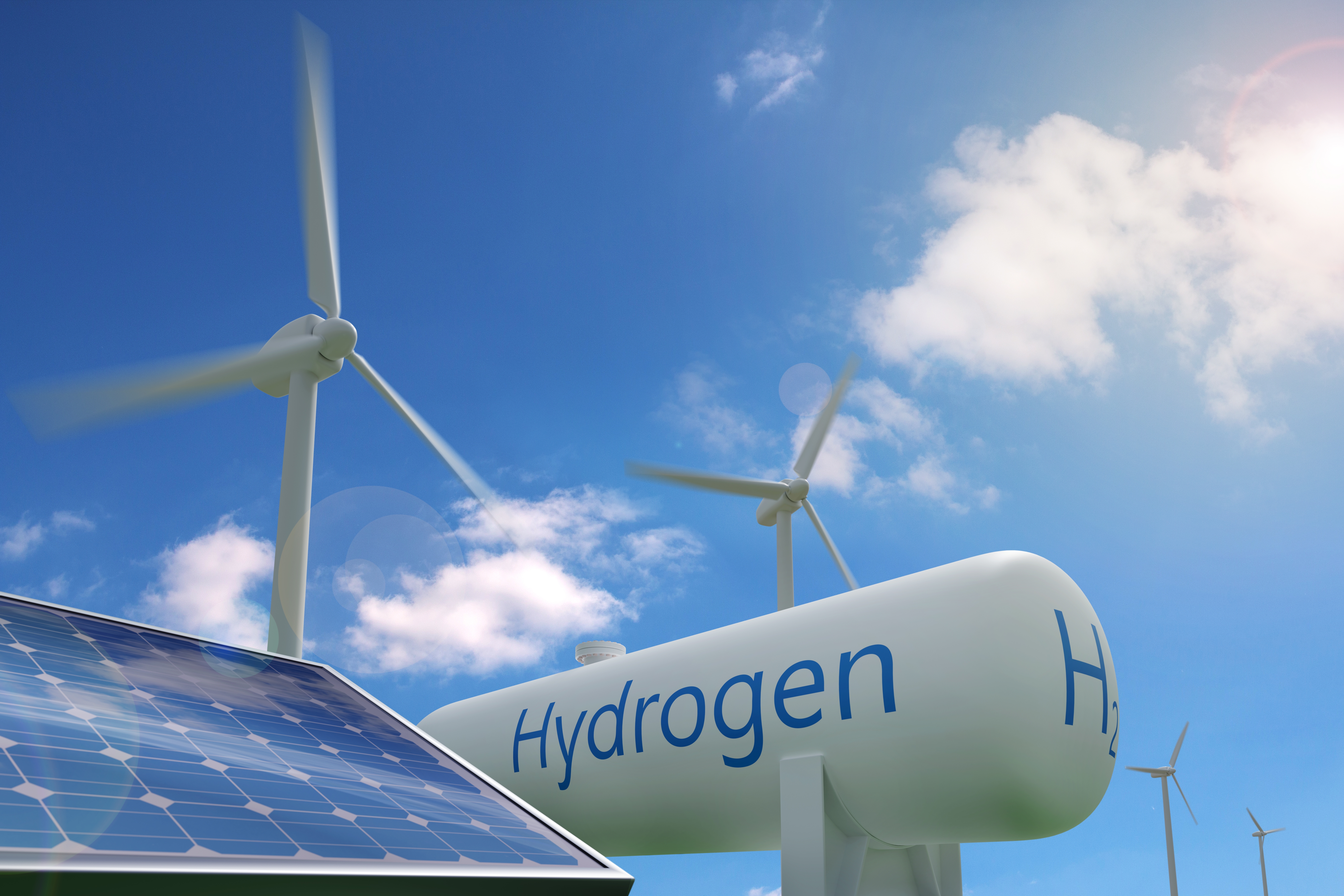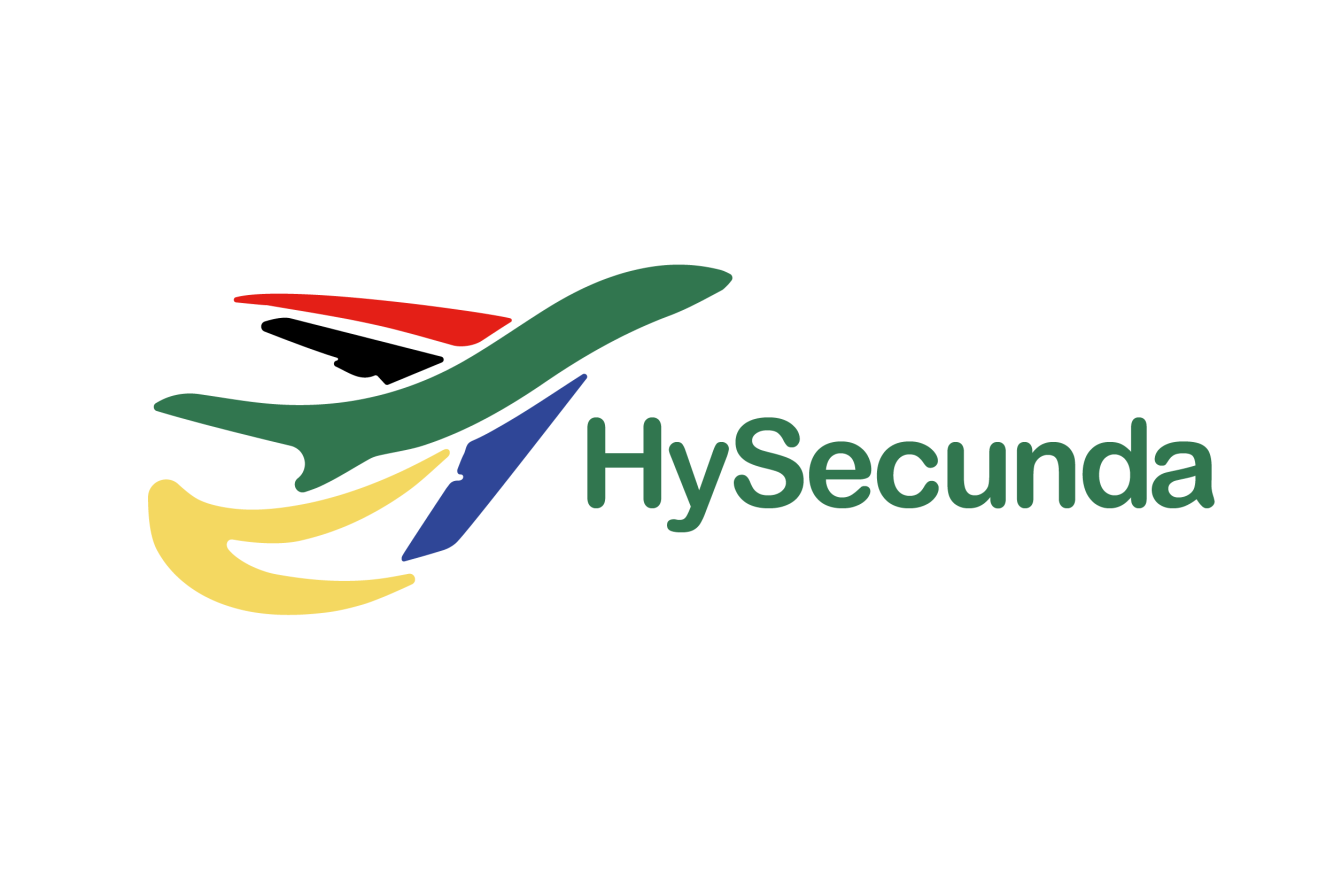Green hydrogen production in South Africa
South Africa could play an important role as a reliable producer of green hydrogen in the coming years. However, there are currently challenges when it comes to storing and distributing the raw material. This is where the recently launched Fraunhofer joint project “HySecunda” comes in, which aims to find optimized solutions for the production, storage and certification of green hydrogen. Fraunhofer IKTS is contributing its expertise in the development of measuring methods and sensor concepts.

South Africa has abundant renewable energy sources such as sun and wind. These can be used to produce clean and sustainable hydrogen – also for Germany and Europe. However, prerequisites for this are a suitable infrastructure for hydrogen storage and distribution as well as competitive production costs.
This is where the joint project HySecunda comes in, in which nine Fraunhofer Institutes and the Fraunhofer Academy are developing practical and scalable solutions for green hydrogen production in South Africa over a period of three years. In addition, structures and skills are to be developed in line with the needs of the 16-state Southern African Development Community (SADC region), for example through a training and further education concept.
Market- and system-oriented solutions for the certification of green hydrogen
Another key issue for HySecunda is market- and system-oriented solutions for the certification of green hydrogen and its downstream products. These are a prerequisite for successful commercialization and import to Germany and Europe.
The Fraunhofer Institutes provide support at a technological level in various key areas and offer complementary expertise and approaches. Fraunhofer IKTS contributes its competencies in the development of measurement methods and sensor concepts. These should enable better detection of leaks in tanks and pipes as well as early recognition of corrosion and ageing processes. The institute is also involved in the development of training and further education concepts with new teaching formats and materials for local stakeholders.
Contributing to energy security in Germany and Europe
The aim of the project activities is, on the one hand, to contribute to energy security in Germany and Europe and, on the other hand, to establish a long-term cooperation with the SADC region.
The research project with a total volume of approx. 15 million euros is funded under the funding code 03SF0734A within the 7th Energy Research Program of the German Federal Ministry of Education and Research.
![BMBF_CMYK_Gef_M [Konvertiert]](/en/press_media/press_releases/2023_12_13_n_green_hydrogen_production_in_south_africa/jcr:content/fixedContent/pressArticleParsys/imagerow/imageComponent1/image.img.jpg/1702473138146/BMBF-gefoerdert-2017-en.jpg)
